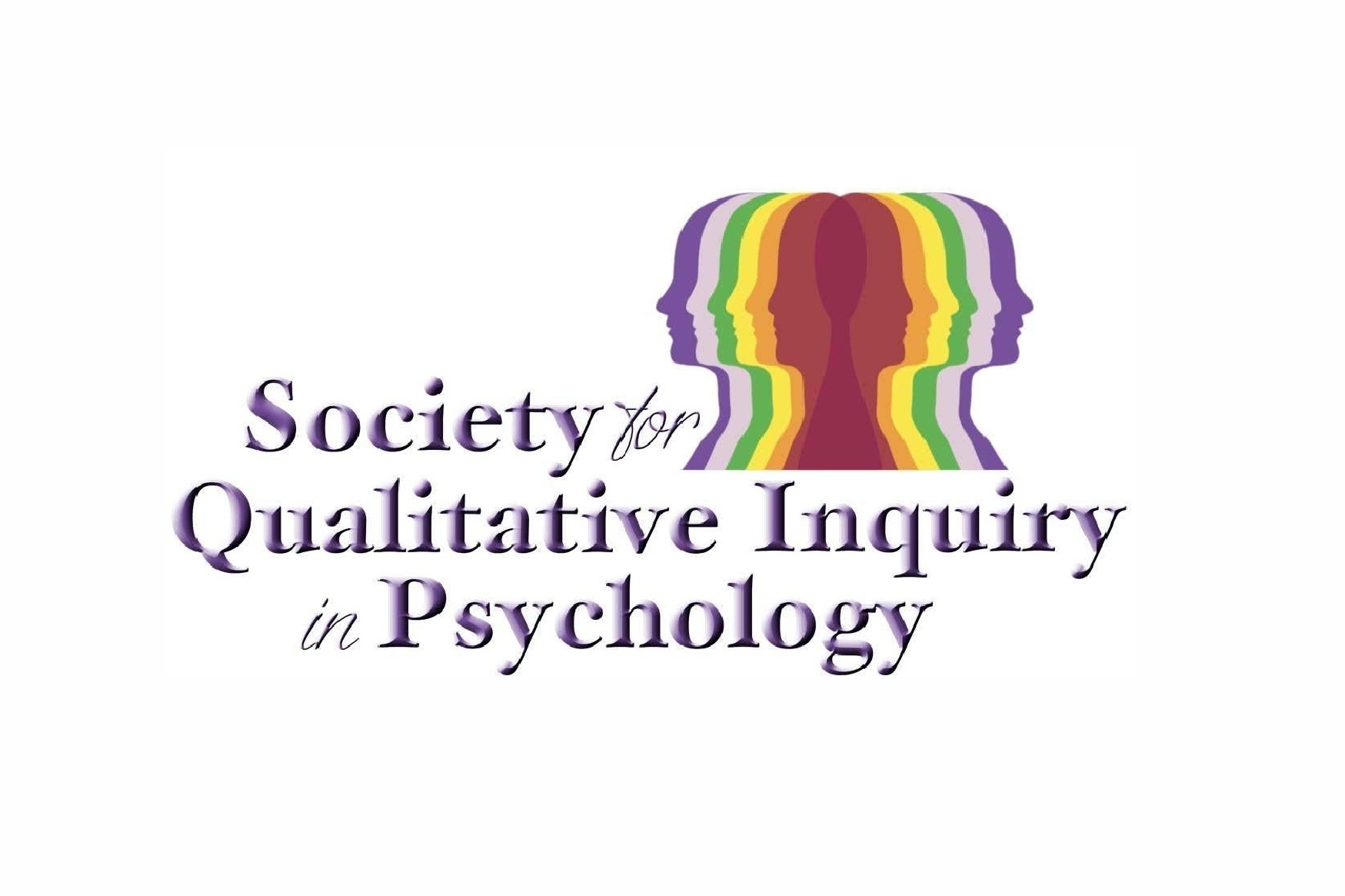Society for Qualitative Inquiry in Psychology
by David Tomaselli
Summer 2019
A cache of 191 interviews from the Generations study - the first long-term, five-year study to examine health and well-being across three generations of lesbians, gay men, and bisexuals - has proven an invaluable resource for Logan Barsigian, a Ph.D. student at the University of California, Santa Cruz, as the basis of their study exploring non-binary gender identity, The Meaning of Genderqueer: Narratives of Three Generations of Genderqueer Sexual Minorities.
Like the larger Generations study, Barsigian’s study focuses on identity and development across the life course and explores the role of cultural context. Barsigian explained that data from Generations, with cohorts culled from three different age groups (ages 18-25, 24-41, and 52-59), also served as an ideal platform for engaging simarlarities - and differences - in experience between generations of genderqueer people with respect to: how someone understands non-binary gender experience; how someone narrates the intersections of gender, sexuality, and other identities when faced with overly reductive societal identifies; and how someone finds community in terms of supportive fellowship and what that fellowship feels like. These points of interest lie at the heart of Barsigian’s study.
For the full news letter click here.








